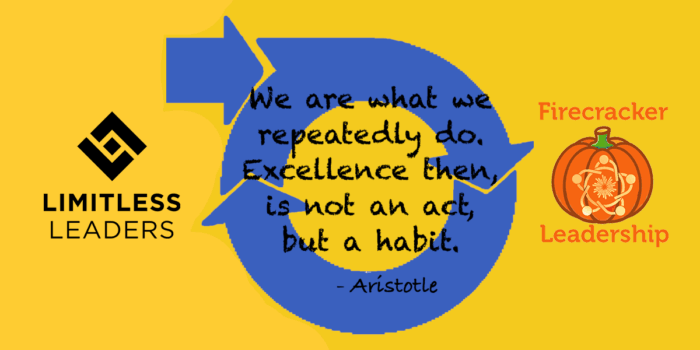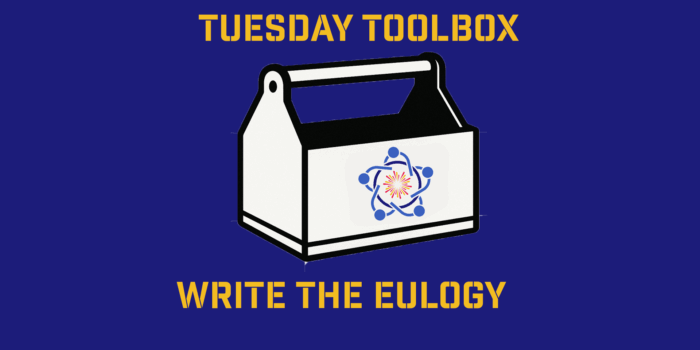What if you presumed positive intent with everyone you lead?
There is a story of a man who would come home every day and his wife would nag him about the chores he didn’t do, the things he promised to do and hadn’t and she would express how he didn’t meet her expectations. Naturally, he would look for things that she was missing the mark on so that he could defend himself, or at least even the score. If you are not aware, fighting negativity with negativity doesn’t just add to it, it multiplies negativity. In a moment of clarity, the man took stock of what he had. He realized that his wife was working hard to make their life good. He decided to focus on the fact that she was the best wife he had. (No, he didn’t have another wife.) When he changed his perspective, he changed his world. The interactions he had with her were different, the intent was different, and the negativity reduced. When he realized that she was the best wife, he WANTED to do things for her and make her happy. He started keeping his commitments and she had less to complain about. Over time their relationship was much more positive.
I recently had a conversation with a leader who was irritated with a colleague for not stepping up and doing what they said they would do. I asked them, if this was their best employee, how would they approach it. They indicated that they would give the benefit of the doubt, assume positive intent, and see what they could do to help them succeed. I then challenged them to use that same approach with the person they were challenged with.
What would your life look like if you presumed positive intent? What if instead of gathering evidence of incompetence, poor judgement, disregard, or lack of commitment, you assumed they were the best employee, colleague, friend, spouse or child you had? What would the conversation look like? How would you approach them and support them?
Take stock right now: who do you presume positive intent with? Who do you not? What is the nature of those relationships, and which one is better?
Whether we have decided to look for the negative or the positive we can find evidence to support and prove our position. What if the evidence you looked for was positive and presumed positive intent on the part of the other party? In addition to a nicer environment for those around you, I can tell you that your head space will be a nicer place too. When you decide that you have to gather negative evidence it takes a lot of brain space to hold it and remember it. When you presume positive intent, you don’t have to defend against anything, so your brain space is less occupied and you get to lean in authentically be in relationship and collaborate to get things done.
Who is that person that you have been gathering negative evidence about? How has it served you? How has it impeded your ability? What if you started to presume positive intent on their part. What would that look like? What if they were your best colleague, teammate, employee, or boss? How would you support and challenge them and partner with them to succeed?
If you are struggling with someone, I encourage you to presume positive intent, give the benefit of the doubt and see what happens. The conversations will look different, the relationship will grow, the trust will improve, and the outcomes will astound you.
My wish for you is peace. Peace can come when we presume positive intent.



